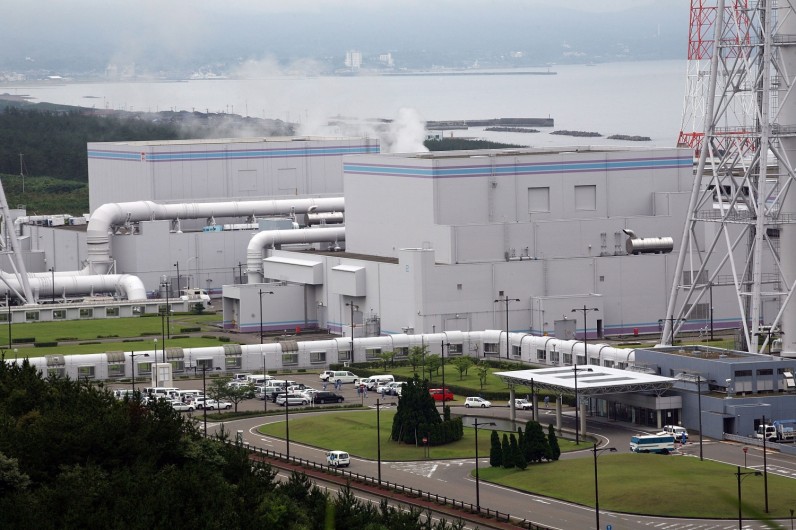
Japan's energy landscape is poised for a significant shift as Tokyo Electric Power Co. (Tepco) will likely gear up to revive the world's biggest nuclear plant, the Kashiwazaki Kariwa facility, according to BloombergNEF (BNEF) analysts.
After over a decade offline, this move marks a crucial step towards stabilizing power costs in the country.
Japan's Nuclear Sector Reawakens
Under a base-case scenario, Tepco plans to commence output from the No. 7 unit at Kashiwazaki Kariwa in October.
This development follows stringent safety regulations established after the Fukushima Dai-Ichi meltdowns in 2011, signaling a cautious but determined return to nuclear power operations.
BNEF analysts Mariko O'Neil and Yumi Kim emphasized the significance of this event in their recent report on Japan's power market.
The restart of the No. 7 unit at Kashiwazaki Kariwa, with a total capacity of about 8 gigawatts, is part of a broader strategy to revitalize Japan's nuclear sector. BNEF's analysis suggests that, by 2025, five reactors across Japan could be back online.
However, this pace falls short of government targets, with nuclear power expected to constitute a fifth of the power mix by 2030.
BNEF: Japan's Nuclear Expansion, Gas Role in Shifting Energy Mix
BNEF analysts pointed out that Japan would need to nearly double its active nuclear capacity between the end of 2025 and 2030 under the current schedule.
They also highlighted that while nuclear restarts would alleviate some demand, gas generation would still play a crucial role in meeting Japan's energy needs.
Meanwhile, monthly average electricity prices are forecast to drop by 11% in 2024, driven by sluggish demand and the resumption of nuclear operations alongside increased wind and solar generation.
These developments align with a broader global trend towards sustainable energy sources, although challenges remain in meeting ambitious targets amidst regulatory and public concerns.







Join the Conversation